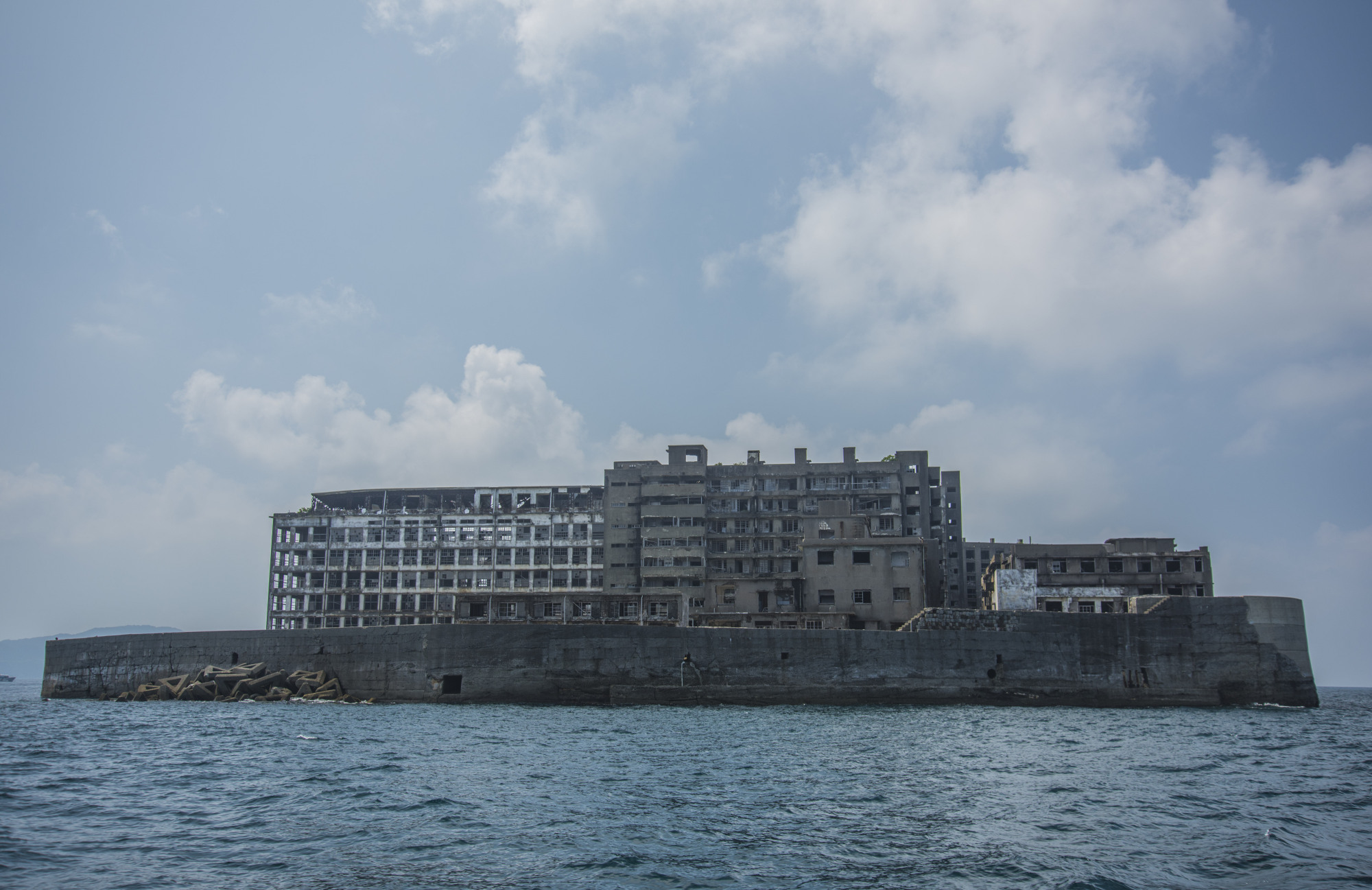The 2017 South Korean film, "The Battleship Island," has yet to receive a theatrical release in Japan, even though it's set on Hashima, more commonly known as Gunkanjima, a former mining complex off the coast of Kyushu and a UNESCO World Heritage site. Given the current diplomatic tensions between Japan and South Korea sparked by two recent South Korean Supreme Court cases that ruled in favor of Koreans who sued Japanese companies they worked for during World War II, it probably won't be released here anytime soon.
The movie is about an uprising of Korean mine workers during the final days of the war. Japanese media have described the movie's depiction of starvation and hellish conditions as distortions. The film’s director, Ryoo Seung-wan, has said he had no intention of stirring anti-Japan feelings: It's an action blockbuster, not a polemic. As in most Korean films that take place during Japan's colonial rule, the main villains are Korean collaborators. The Japanese characters, though they sometimes do awful things, are marginal.
One of the questions at the heart of the Supreme Court cases is whether the plaintiffs were forced to work at the companies they were suing. In the film, some of the workers are recruited by Korean brokers with political connections. They sign up for what they believe are factory jobs in Japan but end up being sent to Gunkanjima, where they are treated as prisoners.

















With your current subscription plan you can comment on stories. However, before writing your first comment, please create a display name in the Profile section of your subscriber account page.